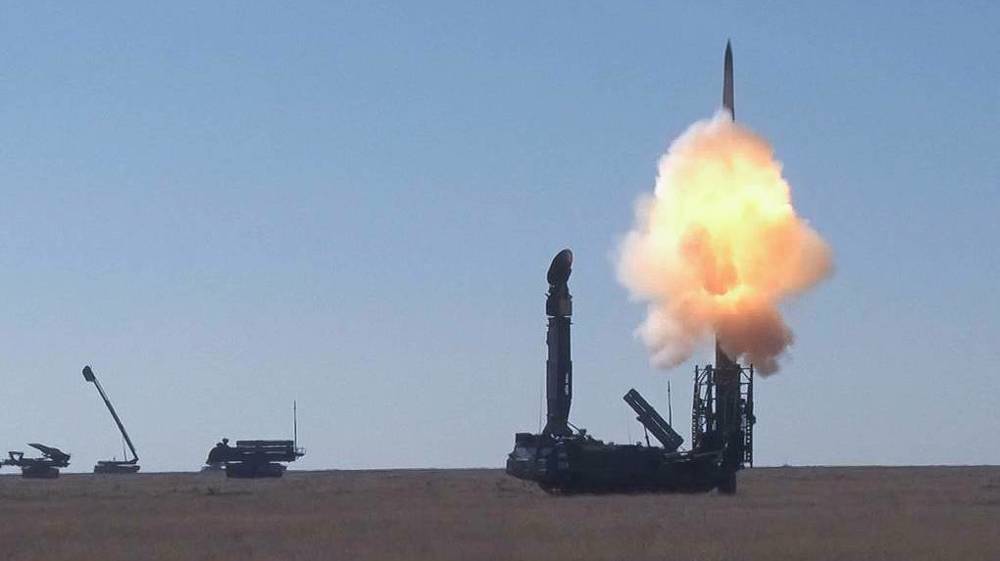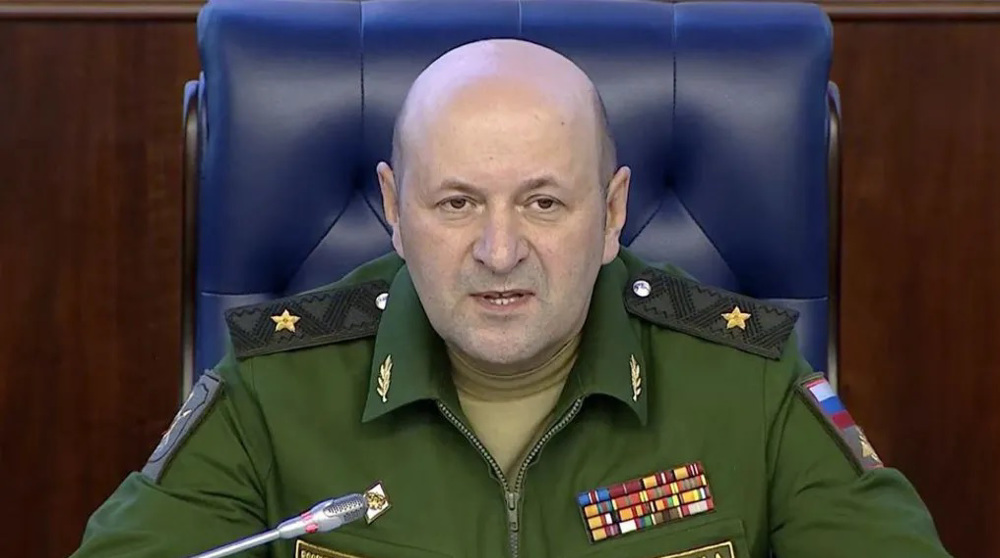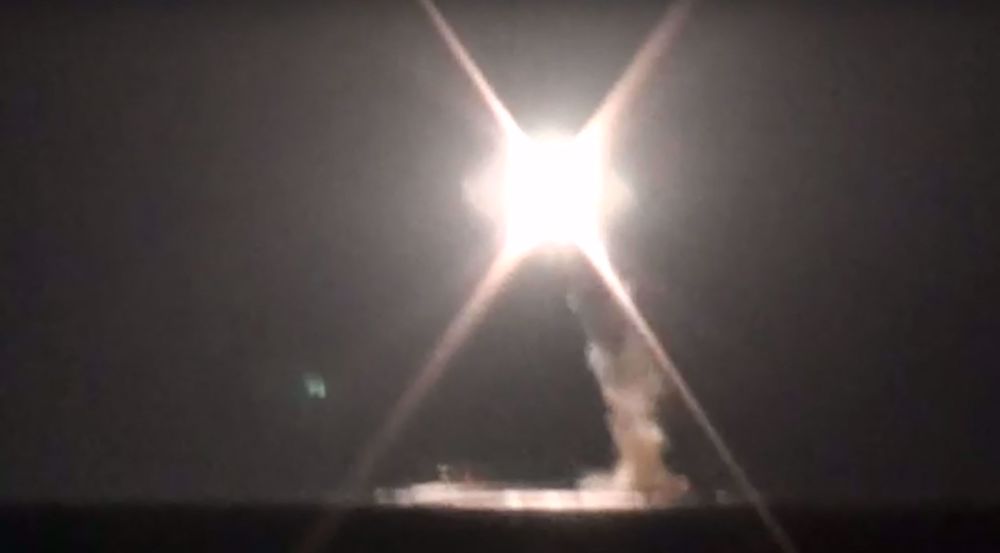Russia says successfully test-fired 'advanced' intercontinental ballistic missile
Russia says it has successfully test-launched an "advanced" intercontinental ballistic missile (ICBM), weeks after the suspension of the country's participation in an arms control treaty with the United States.
Russia's Defense Ministry said in a statement on Wednesday that military forces had fired the missile from the Kapustin Yar training ground in the Astrakhan Region.
"On April 11, 2023, the combat crew of the Strategic Missile Troops successfully launched the intercontinental ballistic missile of the land-based mobile missile system from the Kapustin Yar State Central Multiservice Training Ground in the Astrakhan Region," the ministry said, without specifying the type of the missile used in the launch.
"The missile's training warhead hit a mock target at the Sary-Shagan training ground in Kazakhstan with given precision," the ministry said, noting that, "The launch fully dispatched its mission."
"This launch made it possible to confirm the correctness of the circuit design and technical solutions used in the development of new strategic missile systems," it added.
The testing of the missile comes as Russian President Vladimir Putin has already promised to boost arms production nearly a year after the start of the Ukraine war. Back in February, Putin said Russia's new Sarmat intercontinental ballistic missile (ICBM), capable of carrying multiple nuclear warheads, would be deployed over the course of 2023.
Sarmat is among Russia's next-generation missiles, which Putin has labeled "invincible." The president has said the missile will make Russia's enemies "think twice." The liquid-fuel ICBM is capable of carrying massive payloads across the North or the South Pole to anywhere on planet earth. The missile is said to have a range exceeding 6,835 miles, meaning it can easily reach most places on earth.
Putin also announced in February that he was suspending Russia's participation in the New START nuclear arms reduction treaty with the United States, stressing that Russia would continue to pay increased attention to boosting its nuclear forces.
The treaty, signed in 2010, puts limits on the number of intercontinental-range nuclear weapons that the world's two largest nuclear arsenals can deploy. It had last been extended in early 2021 for five years.
Russia also plans to deploy tactical nuclear warheads in Belarus in face of the US-led NATO's exceeding military support for Ukraine.
Since the onset of the war in Ukraine, the US and Ukraine's other allies have sent Kiev tens of billions of dollars worth of weapons, including rocket systems, drones, armored vehicles, tanks, and communication systems. Western countries have also imposed a slew of economic sanctions on Moscow.
The Kremlin says the sanctions and the Western military assistance will prolong the war.
D-8’s role in Iran’s economy after Cairo summit
China slams US as ‘war-addicted’ threat to global security
China ‘firmly opposes’ US military aid to Taiwan
VIDEO | Press TV's News Headlines
President Yoon Suk Yeol to be removed from office
At least 19 Gazans killed by Israeli airstrikes since dawn: Medics
Leader: Iran neither has nor needs proxy forces
US fighter aircraft shot down ‘in friendly fire’ amid aggression on Yemen














 This makes it easy to access the Press TV website
This makes it easy to access the Press TV website